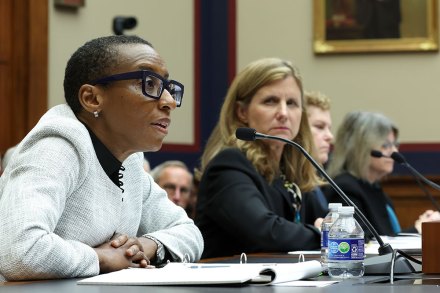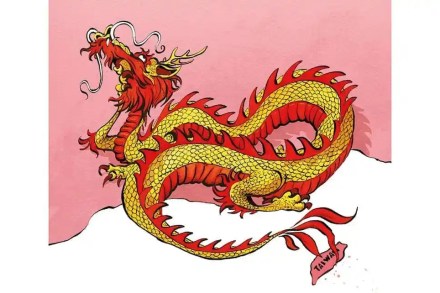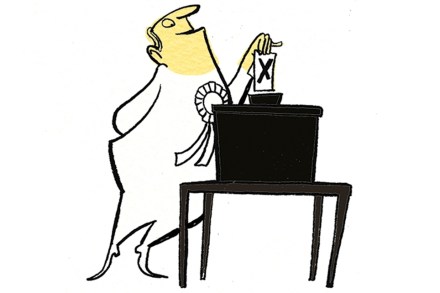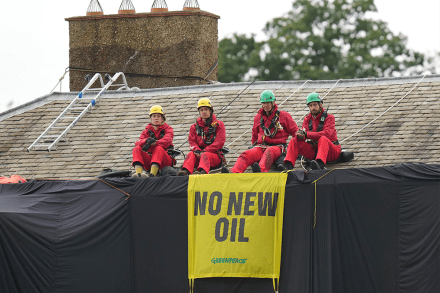What Nikki Haley has over Trump
In June 2022, I interviewed Nikki Haley on stage for JW3, a Jewish organisation in north London. She was personable, clear, well-briefed and pleasingly normal, with the interesting exception of her Sikh background growing up in small-town South Carolina (she later became a Christian by conversion). Her conservatism seemed strongly felt, coherent and not extreme.





















